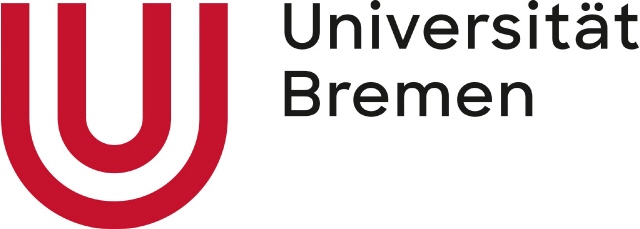Fundamentals of Volcanology and Tephra Transport
- Lecturer: Dr. Alexandros-Panagiotis Poulidis
- alepou@uni-bremen.de
Description:
Volcanoes are fascinating, complex systems. Their study, both from a scientific as well as from a hazard management perspective, requires cooperation between multiple disciplines, including geology, meteorology, physics, engineering, mathematical and computational modelling, as well as economic and social sciences, in order to get a complete view of the volcanic system. The aim of this course is to guide students through the fundamentals in physical volcanology required for understanding volcanic emissions. Theoretical knowledge will be reinforced with the introduction of case studies of significant historical eruptions, as well as hands-on experience with state-of-the-art techniques in tephra transport modelling.
Topics to be addressed:
Theory: Fundamental aspects of physical volcanology (volcanic systems, magma composition, types of eruptive activity, volcanic hazards), volcanic emissions (plume formation, tephra transport and deposition, tephra observation, volcanic gas composition, climate impact), hazard management aspects. Laboratory: Numerical modelling of volcanic plumes, tephra transport and source parameter estimation techniques.
Required knowledge:
No formal requirements
Literature:
Fundamentals of Physical Volcanology, Parfitt and Wilson, 2008
Volcanic Ash Hazard Observations, Mackie et al, 2016
The Encyclopedia of Volcanoes, Houghton et al, 1999
